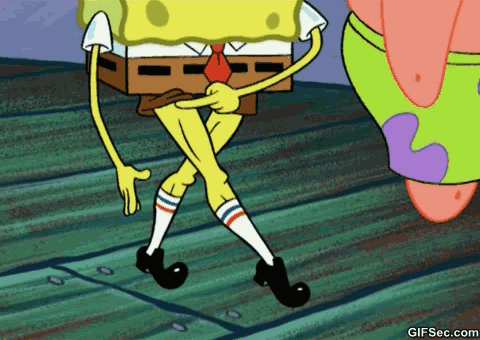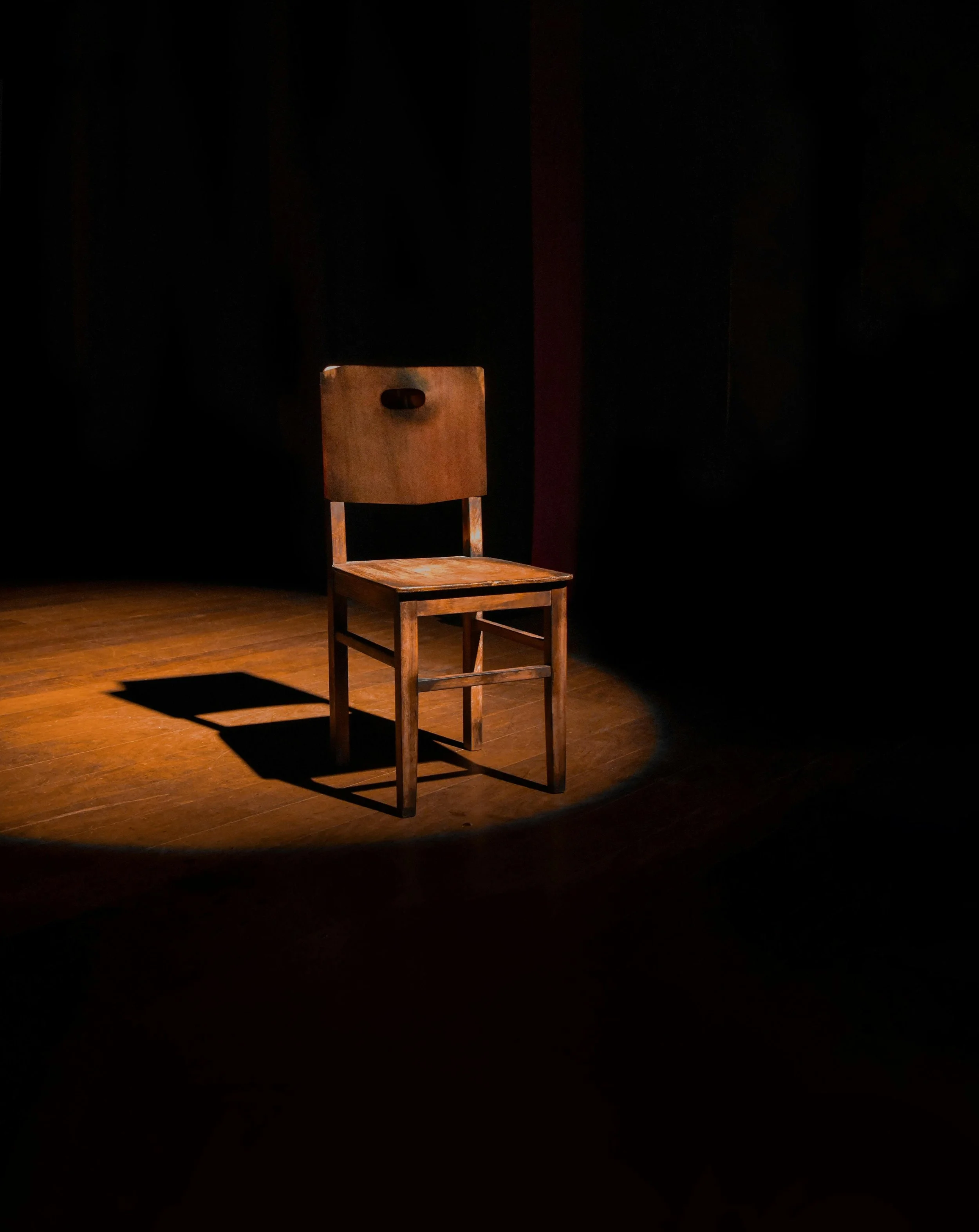Rule No. 19: MISTAKES ARE INEVITABLE BUT DON’T LET THEM DEFINE YOU
Failure and frustration are some of the best teachers—but they are not what define you.
Hello dear reader, and welcome back to another week in The Playbook: Rules for Life.
It’s the first week of September and the final quarter of 2025 is here. The way this year has flown by—my gosh, it’s ridiculous, isn’t it? It feels like it was just January, and now we’re already in the wind down.
Still, I hope your week has been a good one, and that you’ve journeyed safely to and fro. I’m always curious where these Rules find you, so let me know in the comments at the end where you’re reading from.
As for me? My week’s been good. Two barbecues. Time with family—and with friends who long ago crossed the line into family. And a new personal best at the gym: 820 lbs on the leg press (plates only), 938 with the sled. In plain English, I pushed a ridiculous amount of weight with my legs. Here’s a meme to show you how I feel, because words don’t do it justice.
September’s off to a strong start. But when I look back over the summer, I also see the opportunities I didn’t fully seize. The choices I could’ve made differently. And that’s where this week’s rule lands: mistakes are inevitable, but they don’t have to define you.
As Scripture reminds us, “Though the righteous fall seven times, they rise again” (Proverbs 24:16).
Falling is human. Rising is grace.
The Hardest Thing: Letting Go
Even now, as I write this, old mistakes come to mind. Childhood ones. Teenage ones. Some from my 20s that I laugh about now (maybe I’ll share them in another series). But especially in the last year and a half, I’ve had to keep reminding myself to move on from certain choices. Proof that I’m still learning. Still human. Still in need of grace.
And here’s the truth—letting go may be one of the hardest things we ever do.
We’ve all heard the sayings: “Don’t cry over spilled milk.” “Let go and let God.” “Everything happened the way it was supposed to happen.” They sound nice, and sometimes they help. But in private? We rarely let go.
We admit to ourselves, “that’s not how it was supposed to go.” We put on our playlists and spiral. We call our trusted ones and vent. Or we sit in silence, replaying it in our heads. Especially when the gap between what we wanted and what we got was caused by our own choices.
Here’s what I’ve learned: it’s rarely one big decision that breaks us. It’s a string of smaller yeses that stack up until the collapse is unavoidable. A yes here to something we knew better than to accept. Another yes there to a choice we knew would lead us astray. And before long, we’re knee-deep in it. Too far in to turn back. “I’ve already come this far—might as well double down.”
Sometimes we catch ourselves in time. Sometimes we don’t. Sometimes we walk away bruised but intact. Other times, like a cracked mirror, the break remains. And there are mistakes we can’t undo—the ones that split relationships, fracture friendships, and set us back for years.
Grace in the Fragments
There’s someone who has played a defining role in my life for a long time. Our communication looks different these days, but their value and presence in my story remain. I think back to moments when I wasn’t the best version of myself for them. Times when my standards were unrealistic—even ones I wasn’t living up to. Times when I missed the trees for the forest.
Those moments taught me something humbling: the depth of the work still needed in me. The healing I hadn’t pursued. The surrender I’d been holding back. Some of what I thought was conviction was really just self-righteousness, and God had to peel it away.
Sometimes the hardest courage is the silence of restraint.
I’ve written before about the 90 poems I completed in 32 days—the trilogy I titled Embers of Light and Shadows. That work was born in surrender. I laid it all down: the striving, the perfectionism, the relentless pressure. Through that body of work, and through these Rules, God has been shaping me. Teaching me, again and again: a mistake doesn’t make me unworthy of love, grace, or a new chapter.
Mistakes sting. They carry consequences—sometimes short-term, sometimes long-term. But they are not my definition. I am not the tally of my failures. I am not every decision I made against myself. I am the man whose story is still being written by the One who has never once put down His pen. And the changes He’s written into my pages have made me grateful even for the failures—because without them, I’d likely still be repeating them.
Out of that season came a poem—one that sits right at the fault line between anger and grace, silence and speech. It’s called The Courage Not To.
That poem was one from the second book in the Embers trilogy titled The House I Built from Ash. The Courage Not To was my way of sitting with the tension. But the truth is, I don’t wrestle and write alone in it. God’s Word shows us story after story of people whose mistakes didn’t define them.
The Pattern of Scripture
The Bible doesn’t hide human failure—it tells it plainly.
David’s choices cost Uriah his life and brought grief into his own household. Yet after repentance, he was still called a man after God’s own heart (2 Samuel 12).
Peter swore he’d never deny Jesus. Yet when courage was needed most, he denied Him three times. That should’ve been the end of his story. Instead, Jesus met him on the shore after the resurrection and restored him: “Feed my sheep” (John 21:17). Peter’s denial didn’t erase his calling—grace redefined it.
And Paul—once a persecutor of Christians—was knocked to the ground on the road to Damascus (Acts 9). He rose up as an apostle of grace, writing more than half the New Testament.
Their stories remind me: God doesn’t define us by the places we fell. He defines us by the grace that lifts us up again.
Closing the Rule
That’s what I’m trying to walk in too. I won’t lie—some of my mistakes from the past year and a half still whisper shame when I think of them. But slowly, surely, and in surrender, God is showing me that my identity isn’t in what I broke. It’s in what He’s building.
And through what He’s building, I can hold space for those who come next—or those who come again. That’s the miracle of grace: it refuses to leave us lying where we fell. But make no mistake—grace isn’t a pass to keep doing wrong. It’s the invitation to rise after we fall.
The story isn’t finished—grace is still writing.
So here’s where Rule No. 19 lands: mistakes are inevitable, but they don’t have to define you. They can shape you. They can teach you. They will humble you. But they don’t get the last word. That word belongs to God.
And if He could redeem David, Peter, Paul, and countless others, then He can redeem us too.
So as we step into this final stretch of the year, may you carry less shame and more freedom. Mistakes will happen. But they are not your name. Let this season be one of release, where you live not by what broke, but by the grace that’s still building you.





